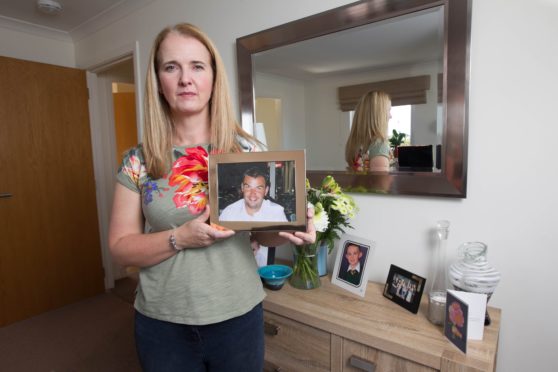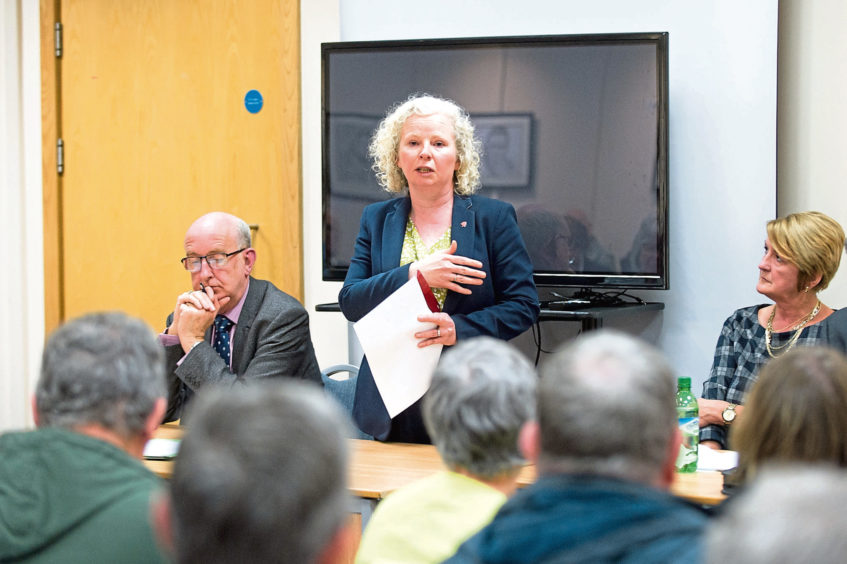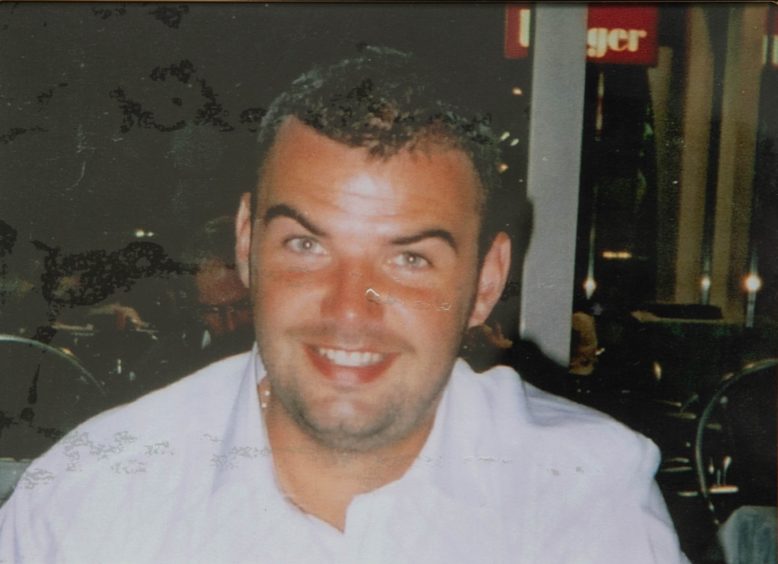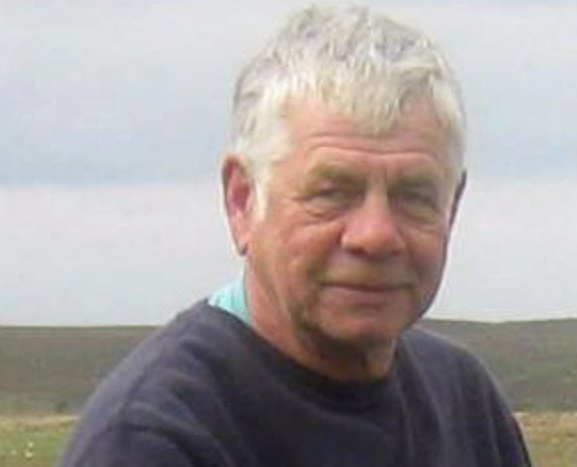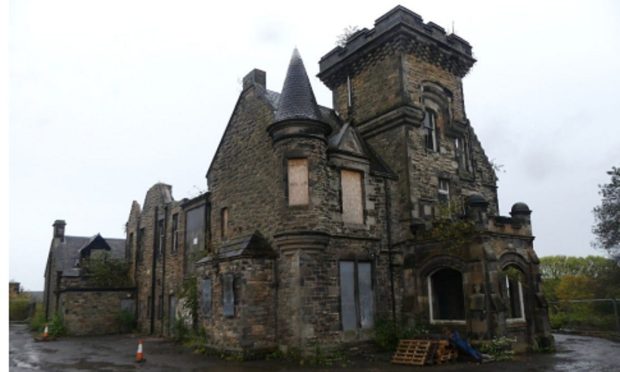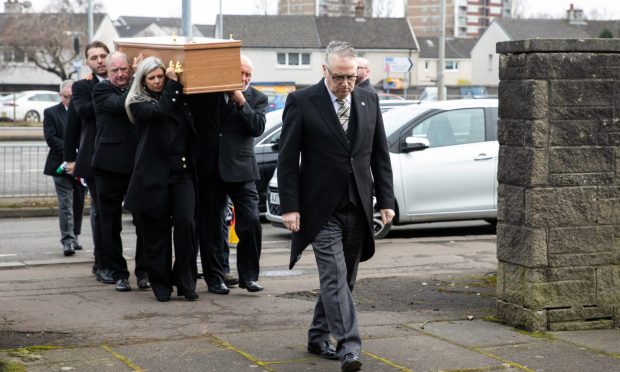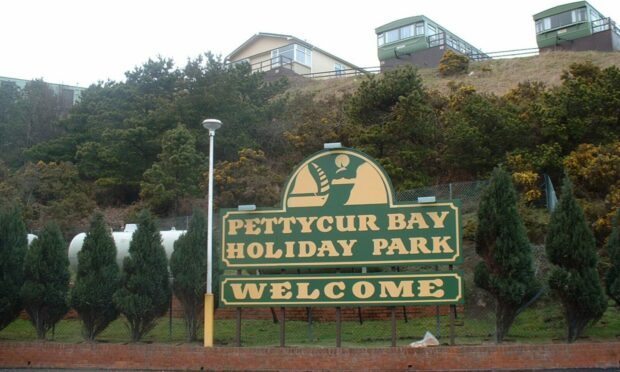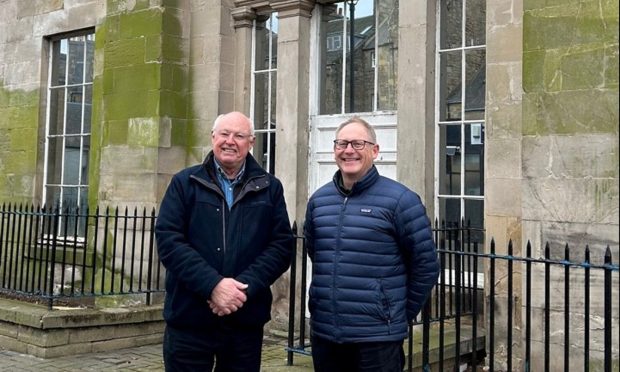Radical reforms which could see businesses charged with culpable homicide for workplace deaths have been spearheaded by a Fife MSP.
Families who feel justice has not been served for the deaths of loved ones have backed a new Bill proposed by Clare Baker, Labour MSP for Mid Scotland and Fife.
Ms Baker hopes her Culpable Homicide (Scotland) Bill will change the law to ensure where loss of life is caused by recklessness or gross negligence, a suitable conviction can take place.
Currently failure to comply with health and safety legislation can result in a criminal prosecution of both organisations and individual employees, directors, officers and managers.
The maximum penalty is an unlimited fine and some limited circumstances sentences of imprisonment can be imposed on individuals.
However, failures to successfully prosecute businesses in the past have led to claims the law is inadequate and workplace deaths are not punished as severely as other forms of homicide.
No business in Scotland has ever been prosecuted for culpable homicide.
The drive comes after statistics from the Health and Safety Executive (HSE) revealed the number of Scottish workplace deaths rose from 17 in 2017/18 to 29 in 2018/19, and that Scotland has had the highest number of workplace deaths across UK over the past decade.
Since 2014, Fife has been home to six deaths alone which had to be fully investigated by the HSE, with four in Angus, three in Perth and Kinross and one in Dundee, and reports have been sent to the procurator fiscal in all cases.
However, Mrs Baker says there is a real rationale for change in that many families frequently feel justice is not properly being served.
Mrs Baker’s Bill would create two kinds of culpable homicide that means senior managers or company directors could be convicted of the offence if that person is held responsible for causing a death recklessly, or by gross negligence.
“Two hundred and thirty-one people have died in workplace accidents in Scotland over the past decade,” she said.
“That is 231 workers who didn’t return home to their families at the end of a shift- families whose lives have been changed forever.
“It is simply unacceptable to have workers dying as a result of negligence or recklessness by employers and this has to change.
“The law as it stands is not fit for purpose in cases where an employer or company needs to be held legally responsible for causing death.
“The law of culpable homicide needs to apply equally to all and provide a clear set of rules defining when individuals or organisations commit this offence.
“This Bill would do that and ensure involuntary deaths can be investigated under the same law regardless of where they happen.”
Six Tayside and Fife deaths – two in Fife, two in Angus and two in Perth and Kinross – were reported to the HSE alone in 2018/19.
Only one company in Scotland has ever been charged with the crime of culpable homicide – Transco for the deaths of four people in a gas explosion in Larkhall in 1999 – but that charge was subsequently dismissed by the Appeal Court as being irrelevant in law.
Transco was prosecuted for the alternative statutory offence of contravening the Health and Safety at Work Act 1974, and the court imposed a fine of £15 million.
But Mrs Baker hopes the proposal will improve employer accountability to reduce the number of workplace deaths.
Unions have thrown their support behind the plans.
Mike Kirby, Scottish secretary of UNISON Scotland, said: “We believe victims must see justice served.
“We believe the offence and potential penalties must serve as a real deterrence.
“We accordingly believe that the highest and most severe penalties must be available in appropriate cases. That must include custodial sentences.
“To ensure the consistent application of the law that we believe must be at the heart of this legislation we believe custodial sentences should be available not only in circumstances where the offence is committed by an individual but also in appropriate circumstances where an organisation is convicted.”
The HSE says any decisions to prosecute are made by the Crown Office and Procurator Fiscal Service (COPFS), but warned any changes to the law could place “significant” demands on its frontline resources.
A spokesperson for the Scottish Courts and Tribunals Service (SCTS) similarly expressed concerns about the impact the changes might have on “court time and relative court programming, associated staff and accommodation resources, and costs involved in relevant IT changes” but is watching the Bill with interest.
Police Scotland said it would not comment on bills going through the Scottish Parliament.
Family of man killed in Dundee fully supportive of proposed bill
The sister of a man electrocuted at work in Dundee 15 years ago says a change in the law is needed to help grieving families secure closure.
Louise Taggart’s brother Michael Adamson was just 26 when he was killed on August 4, 2005, while working on a JJB Sports store in the City of Discovery.
Mitie Engineering Services (Edinburgh) was fined £300,000 after the electrician’s death, but Louise, who is now a member of Families Against Corporate Killers (FACK) and a trustee of Scottish Hazards, a health and safety charity which looks to prevent workplace injuries, said the company’s conviction under the Health and Safety at Work Act 1974 was not “anywhere approaching justice” for the family.
“I expect you might receive objections from some quarters that these proposals are an unnecessary “burden on business”,” she said.
“But grandparents who are told by their granddaughter that all she wants from Santa is a big long ladder so that daddy can climb down from the sky, they bear the real burden.
“The mother who heads to court for the final day of her son’s employer’s prosecution with locks of his hair from the day he was born and the day he died, she bears the real burden.
“I urge those who will talk about burdens to think again, because it is we FACK families who have borne – and who will forever continue to bear – the burden of poor health and safety regulation and enforcement.
“Above all we want culpable homicide legislation that serves as a deterrent.
“Understand that there are very rarely “accidents at work”, because an accident waiting to happen is no accident.”
Louise recalled how the advocate acting for the company in court described it as the “invisible man” sitting in the dock.
“The invisible man had been convicted of the health and safety failures that led to his death,” she added.
“But the invisible man did not take the decisions that resulted in Michael’s death, real-life individuals did.
“And far too frequently this is the case: a family bereaved by work is left to feel that we have failed our lost loved ones, because the justice system has failed us.
“For the victim’s family, where death occurs because of the reckless or grossly negligent conduct of a company, a prosecution under the Health and Safety at Work Act does not reflect the magnitude of the failures.
“They will only see justice being served if the company, and where appropriate its managers and directors, are prosecuted of a crime with the appropriate moral stigma and level of censure.”
Tragic bridge worker’s family “shocked and disappointed” by FAI outcome

A sheriff’s ruling that a worker’s death on the Queensferry Crossing was a “tragic accident” has not been accepted by his family.
John Cousin, 62, from Hexham in Northumberland, died on April 28, 2016, after being struck by a crane boom extension weighing 550kg while working as a foreman under the umbrella of Forth Crossing Bridge Constructors (FCBC).
However, the outcome of the fatal accident inquiry into his death at Stirling Sheriff Court was unsatisfactory for his family.
His wife Gladys, daughter Sam and son Jon, who sat through harrowing evidence, said they had been left “very shocked and disappointed” at the sheriff’s findings.
“John was a highly skilled engineer and spent 40 years working around the world on large civil engineering projects so it is very hard to comprehend how this could have happened and simply how it has come to be that John is no longer with us,” the family said in a statement.
The inquiry heard that the 18-ton Giraf Track crane in question, which had been leased to FCBC by crane company GGR Group, was out of action at the time due to a burst hose that was leaking hydraulic oil.
The accident happened after GGR fitter Stewart Clark had been brought out to the bridge to help fix the machine and was working on it alongside Mr Cousin, the FAI heard.
Sheriff William Gilchrist ruled that the accident was caused by Mr Cousin removing a central pin which was holding a fly jib on to the boom arm of the crane, causing the jib to fall to the ground, striking him on the head and body.
The sheriff recommended consideration be given to having warning labels attached to pivot pins on cranes, “advising operators not to remove the pin without first having confirmed that the fly jib is secured by another pin”.
In a written determination, he said: “I can understand why Mr Cousin’s family might believe that he would not have removed the central pin on his own initiative.
“I can therefore understand why they might be critical of Stewart Clark’s competence and the training provided to him by his employers. However, on balance, I am not persuaded that he instigated or acquiesced in the removal of the pin.
“Accordingly, the criticisms of his training, while justified, cannot give rise to a finding of a defect in a system of work because any such defect would not have contributed to the cause of the accident.”
‘Our loved ones should not be memories’ – Victim’s family backing Bill
The partner of a lorry driver who was crushed to death in Glasgow feels a fatal accident inquiry into his death failed to identify who was to blame.
Graham Meldrum, 40, died after being struck by a faulty tail lift on his truck while unloading at an Allied Bakery plant in the city in July 2005.
The fatal accident inquiry at Glasgow Sheriff Court heard Mr Meldrum, who was an agency driver for TNT, had only received about two hours training, and was also told that the tail lift mechanism of his lorry was defective.
Sheriff Sean Murphy QC said better training and vehicle maintenance could have prevented his death.
But while ABF Grain Products Limted was fined £19,500 and TNT Logistics fined £14,000 for three breaches and one breach respectively of health and safety legislation, Mr Meldrum’s family felt the outcome left more questions than answers.
His partner Karen Thomson said: “The sheriff said he was limited by Parliament in the level of fines he could impose for the offences to which both companies pleaded guilty.
“I am sure they would not have been as willing to enter a plea of guilty had the charge been culpable homicide.
“In our experience we may have had some answers, but Graham has not had justice, I have suffered the same injustice, Graham’s and my parents died having been denied justice and still to this day it would appear to be impossible to hold companies to account for acts of homicide in the workplace.
Karen said she was supporting Ms Baker’s proposals in another attempt to secure justice for Graham, and for all other families who have suffered the same “torment and injustice” as she has.
“We should not have to visit the site where Graham died, to pin flowers to the railings and fasten tributes to a tree,” she said.
“Our loved ones should not be memories, they should be living and breathing alongside us, living life to the full. Instead, Graham was denied his future.”
Health and Safety Executive probed six local workplace deaths last year
All six of the workplace-related fatalities in Tayside and Fife in 2018/19 are being probed by the Health and Safety Executive (HSE).
Most have been subject to fatal accident inquiries which have – so far at least – not led to any criminal proceedings.
Investigations are ongoing into the death of 29-year-old Gary Campbell, who died at Forfar’s Orchardbank Business Park on March 15 this year after an accident involving an oil tanker.
The HSE have specified the cause of death in the latter as the deceased being “trapped by something collapsing”, although it remains to be seen if any potential prosecution is forthcoming.
A report was submitted by Police Scotland to the procurator fiscal.
Elsewhere in Angus, Andrew Rose, 41, died after a fall from height while working in Brechin on June 8,2018.
In Perthshire, self-employed painter Martin Buchan, 37, died after his 10-metre-long metal ladder touched 11,000 volt overhead power lines at East Leys Lodge in Errol on April 2, 2018, while 54-year-old Graham Shaw died after a forklift accident on a farm near Coupar Angus on April 29, 2018.
In Fife, self-employed Alexander Wood, 65, died after being pulled from the water at Burntisland harbour on August 4, 2018, having been struck by an object while working in the Forth, and the HSE are similarly involved in the probe surrounding the death of 98-year-old Elizabeth Williamson at a care home in Cupar in March this year.
